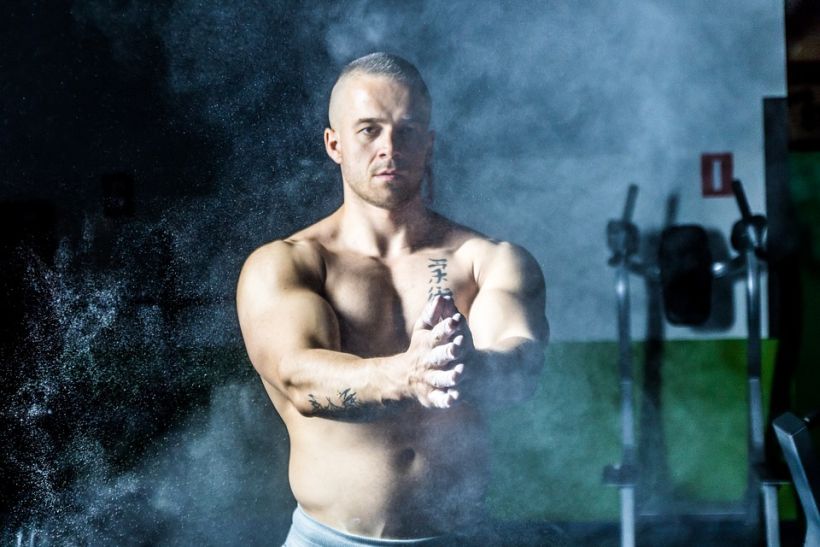A NEW HUMAN CLINICAL STUDY from The Ohio State University Wexner Medical Center, published in PubMed listed Journal of Medicinal Food, shows that oral supplementation with Natreon’s PrimaVie® Purified Shilajit can significantly up-regulate the genes responsible for synthesis of collagen and other extracellular matrix proteins resulting in adaptation of the skeletal muscle mechanotrasduction properties, elasticity, repair and regeneration.
Natreon’s PrimaVie®, a high quality, purified and standardized extract of Shilajit, significantly up-regulated the genes responsible for collagen synthesis according to a human clinical study just published in the Journal of Medicinal Food. PrimaVie®, a GRAS affirmed and patented ingredient, is comprised of mainly fulvic acids and DBPs (dibenzo-α-pyrones). Fulvic acid independently stimulates mitochondrial energy metabolism, protects mitochondrial membranes from oxidative damage, and helps channel electron-rich DBPs into the mitochondria to support the electron transfer chain. Several clinical studies have shown that PrimaVie® can boost mitochondrial energy, improve exercise performance, and increase testosterone levels. It was shown to increase ATP synthesis and protect Coenzyme Q10 from degradation by oxidative free radicals in the mitochondria. This most recent collagen expression study suggests PrimaVie®’s role in healthy aging.
In this open label longitudinal study, sixteen overweight/Class I obese Americans (both genders) were followed for 12 weeks to determine the effects of oral supplementation of PrimaVie® and exercise training on human skeletal muscle adaptation. This particular cohort was selected for the study because physiological muscle performance is often compromised in this group of subjects. The subjects received 250 mg of PrimaVie® twice daily for 8 weeks followed by an additional 4 weeks of supplementation with exercise. To determine the changes in mRNA expression profile in response to PrimaVie® supplementation and exercise, skeletal muscle biopsies of the thigh muscle were done followed by RNA extraction, target labeling, and GeneChip data analysis. The genes that were expressed highly in skeletal muscle samples after 8 weeks of supplementation compared to baseline included tenaxcin XB (TNXB), decorin (DCN), myoferlin (MYOF), collagen (COL) (type I, II, III, V, VI, XIV), elastin (ELN), fibrillin 1(FBN1), and fibronectin 1 (FN1). Several collagen related genes, including COL1A1, COL1A2, and COL3A1 were increased by 4.61 (p = .0149), 5.13 (p = .0076), and 5.18 fold (p = .0086), respectively. To validate the genes identified using microarray analysis, RT-PCR was performed and the up-regulated genes mentioned above were re-examined. Consistent with microarray results, significant up-regulation of collagen and other ECM-associated genes was noted in the muscle samples (some up to 1500 fold) in the muscle samples following 8 weeks of oral supplementation of PrimaVie® compared with the baseline visit. Interestingly, an additional 4 weeks of PrimaVie® supplementation with exercise further induced the expression of the microarray identified genes. In addition, PrimaVie® supplementation was well tolerated without any changes in blood glucose levels and lipid profile. Although additional studies will follow to confirm the effects of oral supplementation of PrimaVie®, the increase in collagen expression in this study suggests the potential role of PrimaVie® Purified Shilajit in healthy aging.
The full study is available at: http://online.liebertpub.com/doi/pdf/10.1089/jmf.2016.0010

